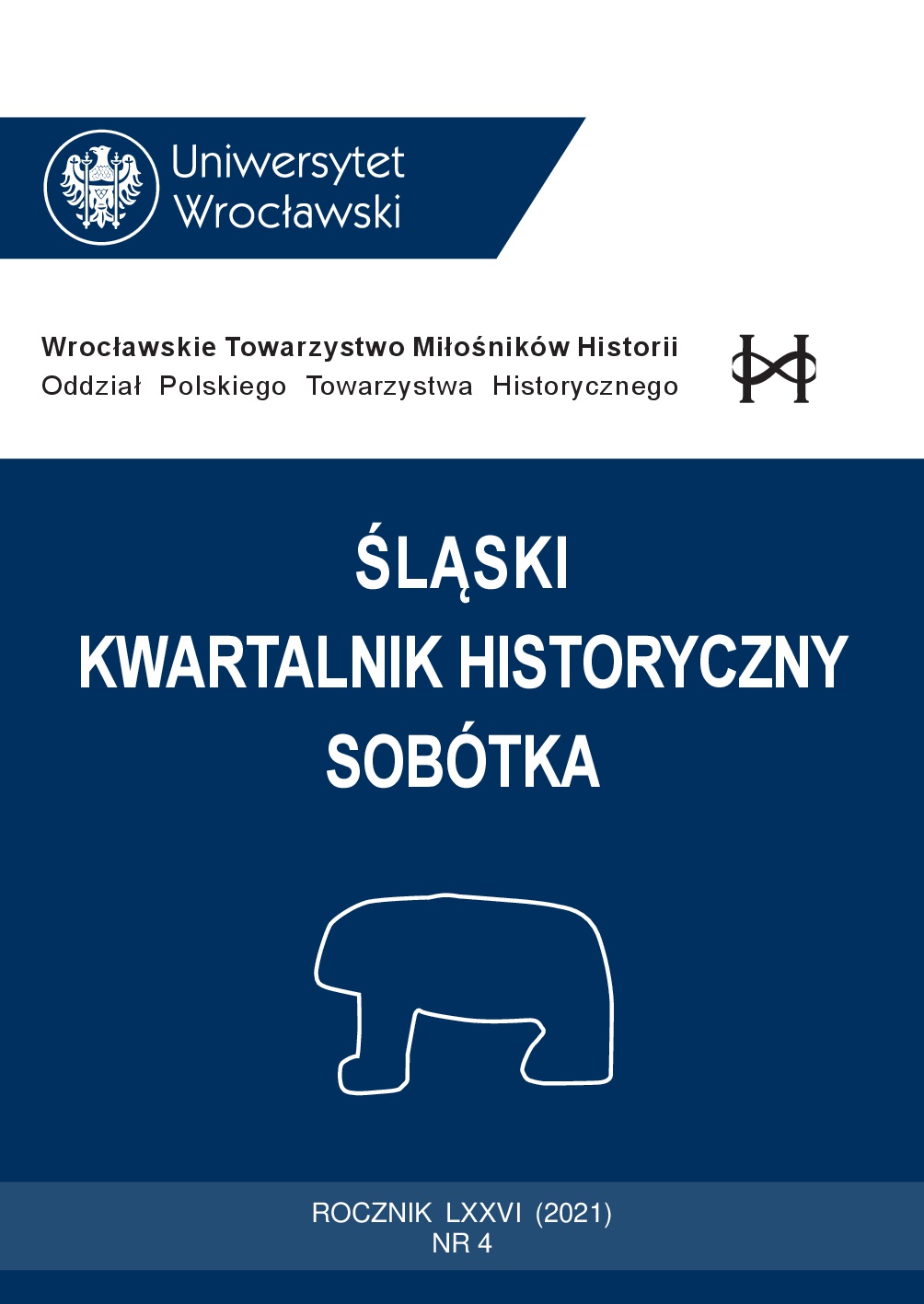Działalność kobiet w Związku Polaków „Zgoda” w RFN
The activity of women in the Union of Poles “Unity” in West Germany
Author(s): Artur KamińskiSubject(s): History, Social Sciences, Gender history, Post-War period (1950 - 1989), Transformation Period (1990 - 2010), Present Times (2010 - today)
Published by: Wydawnictwo Uniwersytetu Wrocławskiego
Keywords: organizations of the Polish community abroad; Polish community in Germany; Union of Poles “Unity” in West Germany; Polish–German relations
Summary/Abstract: The Union of Poles “Unity” in West Germany (in Polish: Związek Polaków “Zgoda”w RFN) was among the best known Polish organizations in West Germany. It was established in 1950 in Hamburg in consequence of a split in the Union of Poles in Germany “Rodło” (in Polish: Związek Polaków w Niemczech “Rodło”), which existed since 1922 and was re-established after World War II. The article is based on the documentation of “Unity”, which since the disestablishment of the organization in 2013 has been stored in the Archive of Social Movements (Archiv für soziale Bewegungen) in Bochum, as well as on the contents of the “Voice of Poland” – the press organ of the Union published in its headquarters in Recklinghausen. The role of women in the Union of Poles “Unity” in West Germany was only fragmentary a subject of studies on that organization; broader studies on this topic are clearly lacking. This paper aims at presenting the activities and contributions of the female members of “Unity” concerning preservation of Polish traditions, language and culture among Polish community in Germany. The author’s analysis centered on the conventions of women, organized between 1968 and 1990 (since 1975 usually in connection with the International Women’s Day), as well as the conferences of female activists, where issues regarding the educational system, teaching of the Polish language, thematic and leisure trips to Poland and supporting diverse social initiatives in Poland (e.g. construction of the Children’s Memorial Health Institute). Female members ,in an advisory capacity, had a substantial impact on activities in the basic structures of the Union – Clusters (in Polish: gromady), of which women were often the core group. Thanks to their creativity and commitment celebrations organized by the Polish community enjoyed interest from many people who in turn influenced their families. The most visible activity of women could be observed in Polish community schools, where women comprised the majority of – if not all – staff. Their role in families should be particularly emphasized – the mothers took care of the upbringing and education of the younger generation, which was to be both loyal to the country of residence and faithful to the values of their ancestors, embodied, i.a., in the “Five Truths of the Poles”.
Journal: Śląski Kwartalnik Historyczny Sobótka
- Issue Year: 76/2021
- Issue No: 4
- Page Range: 113-137
- Page Count: 25
- Language: Polish

